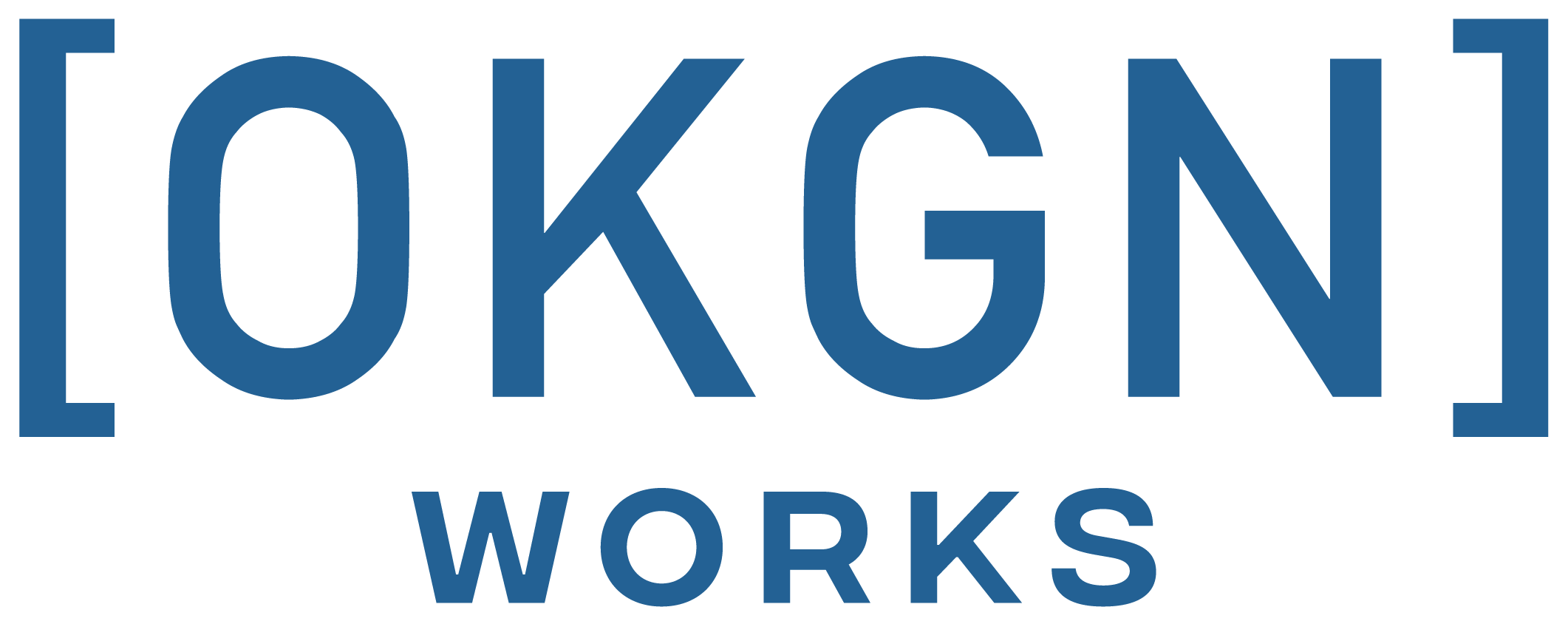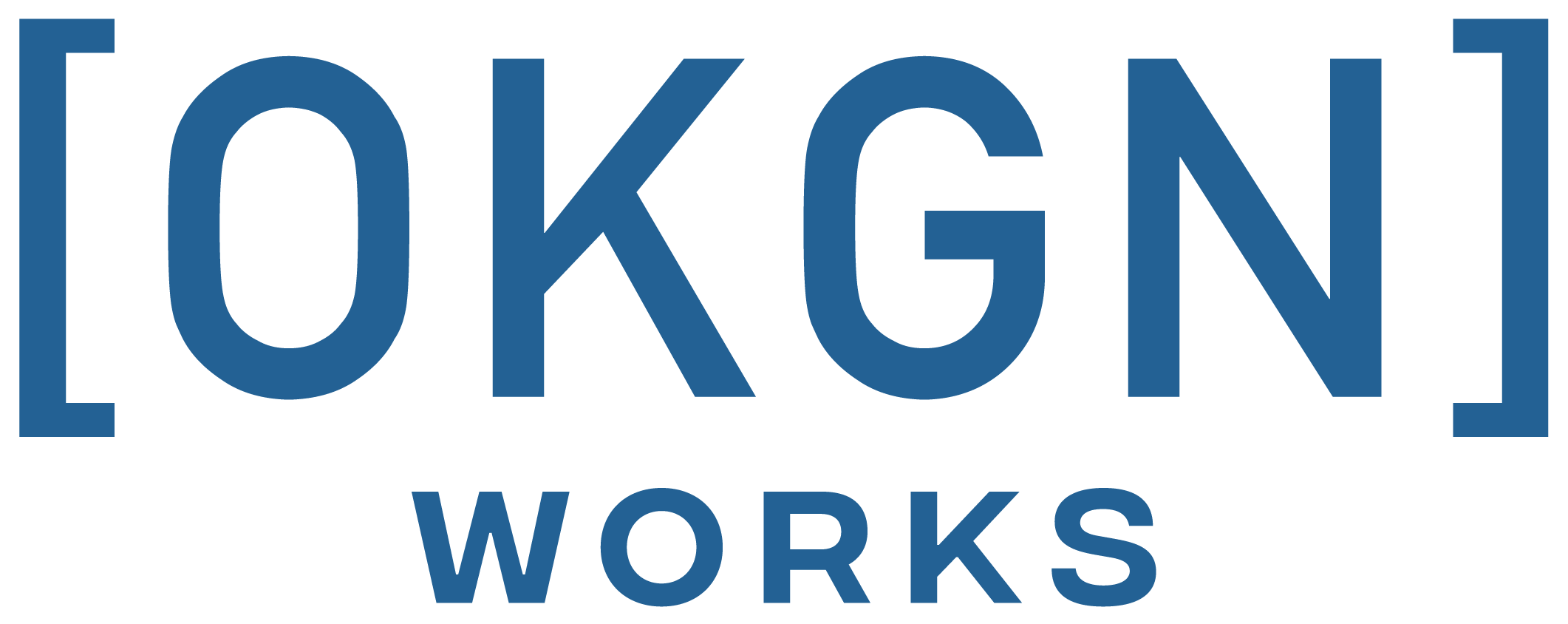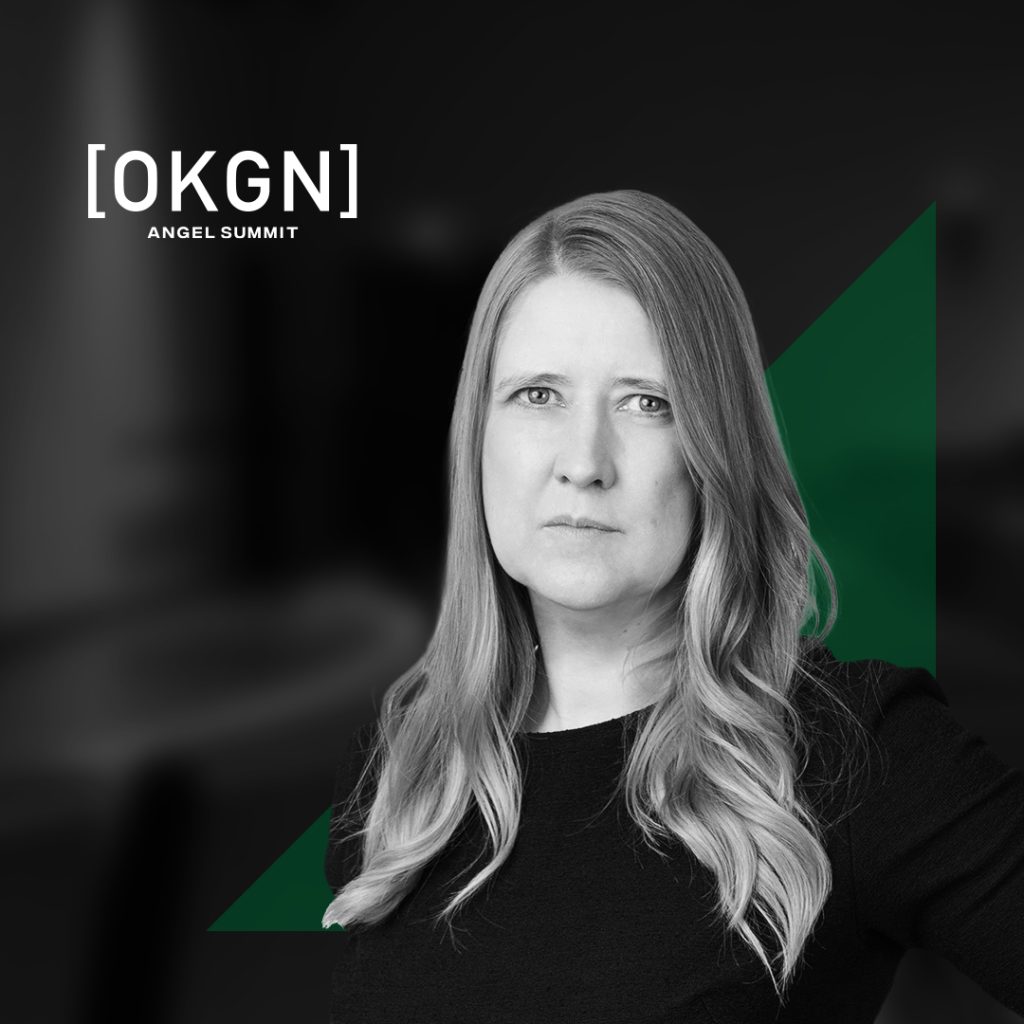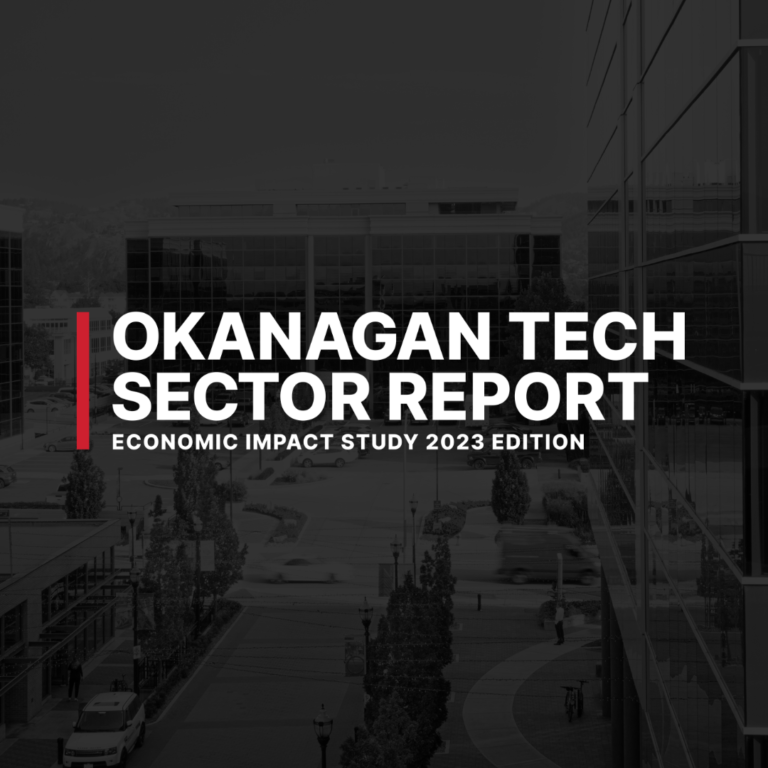When the OKGN Angel Summit launched four years ago, the objective was to unlock the capital in our region by increasing the number of angel investors through training activities and ecosystem building. This continues to be the Summit’s primary goals and the program has contributed to the growth of angel funding in the Okanagan Valley year over year.
Learn More About OKGN Angel Summit
The world has changed in more ways than any of us could have expected since launching the Summit; and, as the program continues, it must adapt to the changing needs of startup entrepreneurs and angel investors.
More funding than ever has become available to startup entrepreneurs. By the end of 2021, Canadian investors are expected to invest $20 billion in private equity deals. Private equity (the investment into private companies by institutional investors and accredited individuals in exchange for equity) has been around for over a century. For much of this time, the illiquid and long-term nature of these investments made the asset class unattractive to any risk averse investors.
Back in the 70’s, investments in startup technology ventures started to change that perception as investors were seeing returns from the personal computing industry. Tech startups became an ideal vehicle for private equity funding and the public successes of many well-known startups have continued to increase the attractiveness of this type of investing. When the pandemic forced lockdowns and other types of social distancing, individuals shifted to online technology for meetings, shopping, chatting, and connecting—which has bolstered the tech industry even more.
Some will argue that significant changes in regulations increased the use of venture capital, not the success of personal computing investments. Interestingly, as private equity successes become larger and the public perception of venture capital risk decreases, it may be environmental and changes in government regulation that have the most impact on the rise of participation in venture capital as an asset class. Alberta and Saskatchewan have launched pilot programs to include more individuals within certain “self-certified” exemptions beyond the “accredited investor” status. This new status is based on knowledge and experience rather than financial wealth. Other provinces and organizations are working with security commissions to provide access to private equity investment opportunities to more individuals in similar and novel ways as well. Given that venture capital and private equity are considered one of the best performing asset classes right now, restricting it to only those that meet certain financial markers is becoming considered exclusionary rather than protective.
The harmonization of crowdfunding laws and regulations has been, in part, a response to this demand of increased participation by more investors in private equity. It also has the added benefit of helping entrepreneurs to manage friends and family rounds that are becoming larger and longer as pre-seed and seed rounds become longer and require more capital. This expansion of rounds is partially due to the rise of funding capital available and has had several impacts on investors and ventures alike.
Pre-seed (often still seen as friends and family round) rounds have been larger and filled with more investors. This has pros and cons. Typically, SAFE’s or Convertible Notes are used to easily secure investment and move on to building the venture. The benefit of rising interest from family and friends in pre-seed rounds is that entrepreneurs have more funding to get off the ground. It also means that some ventures do not have to spend much time courting investors so they are not prepared for how much more work it is to raise from angel investors.
The consequence of quickly filled friends and family rounds also means higher valuations for companies with less evidence of traction when startups are ready for a subsequent round. Again, this changing landscape has created both positives and negatives. Some of the positives are that angels have more access to ventures. Yet, given the size of rounds, ventures are often asking for larger individual minimums making fund investing more attractive to angels. Angel funds invest larger amounts in ventures but put the venture through more thorough due diligence. The net effect of time saving to investment is probably the same for the venture.
Pre-Seed, Seed and Series A funding rounds have been slowly expanding in length and revenue projections as venture firms look for more evidence of traction and product market fit. The higher revenue required before venture capital funds invest has led to higher valuations at a Series A round and longer raises with more investors required to participate in earlier rounds.
The fact that ventures can easily pitch outside their home cities and provinces has led to more investors participating in funding rounds outside their jurisdiction. This open participation across Canada is limited by the lack of tax incentives for investors outside of their own provinces and is one more reason why funds like the OKGN Angel Summit are attractive to new and experienced investors. The lower funding participation allows investors to invest smaller amounts in more companies and with the lack of tax incentives not creating as significant an impact.
Applications Now Open
Get Ready for an Elevated Investment Experience
Inquire to participate as an investor in the 2022 OKGN Angel Summit Fund and 10-week training program.
Learn MoreAdapting to the changing needs of entrepreneurs and angels is essential to the OKGN Angel Summit and as the fourth fund launches, a variety of conversations are ongoing and will continue as angel investors and startup entrepreneurs work to figure out how the Summit can continue to connect companies looking for funding with individuals looking to invest in early stage ventures and make those connections valuable and long lasting.
The OKGN Angel Summit is currently accepting investors until December 20th and company applications are open until December 31st. You can learn more about the 10 week investor program by visiting the website www.okgnangelsummit.com.






